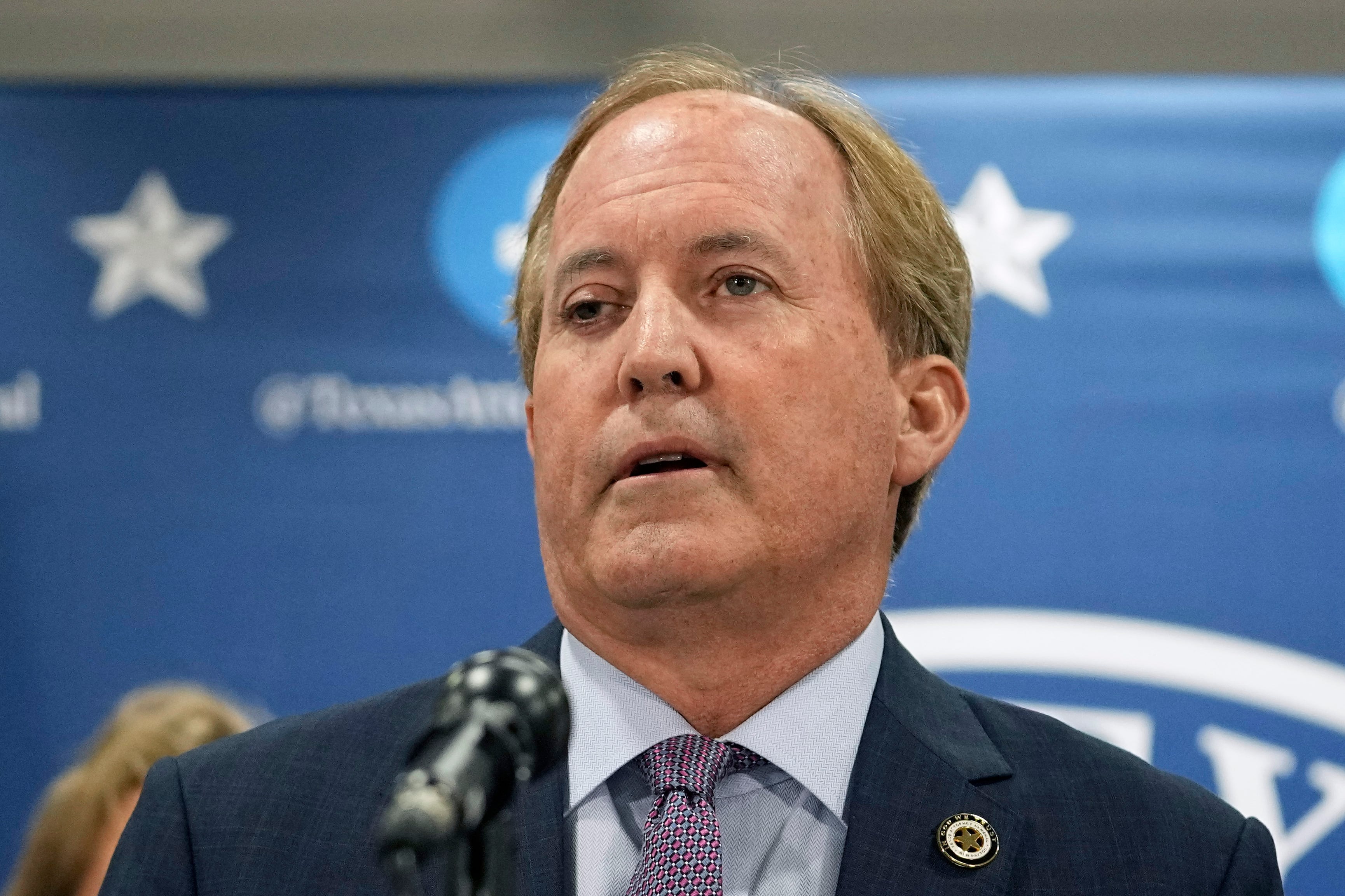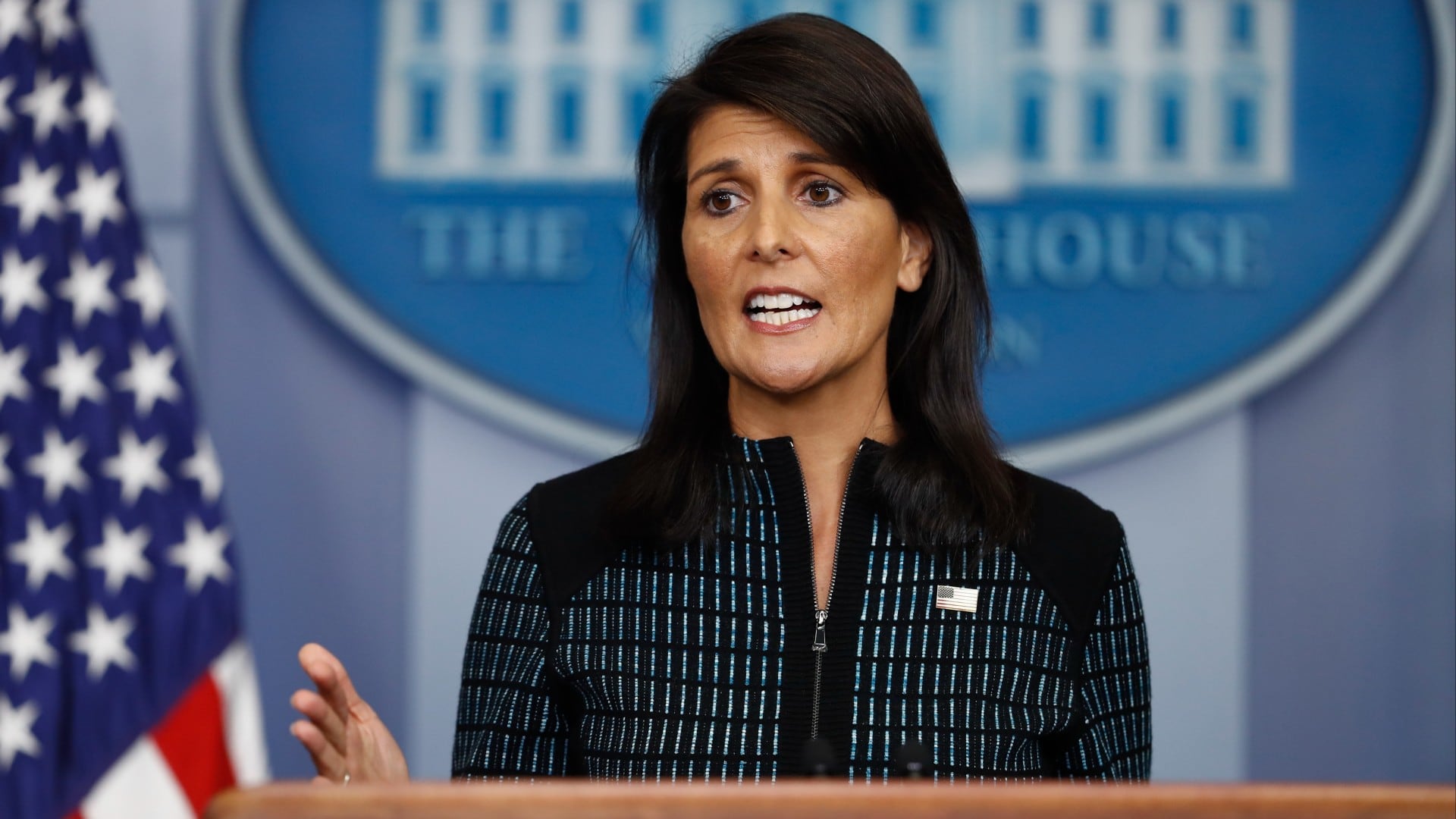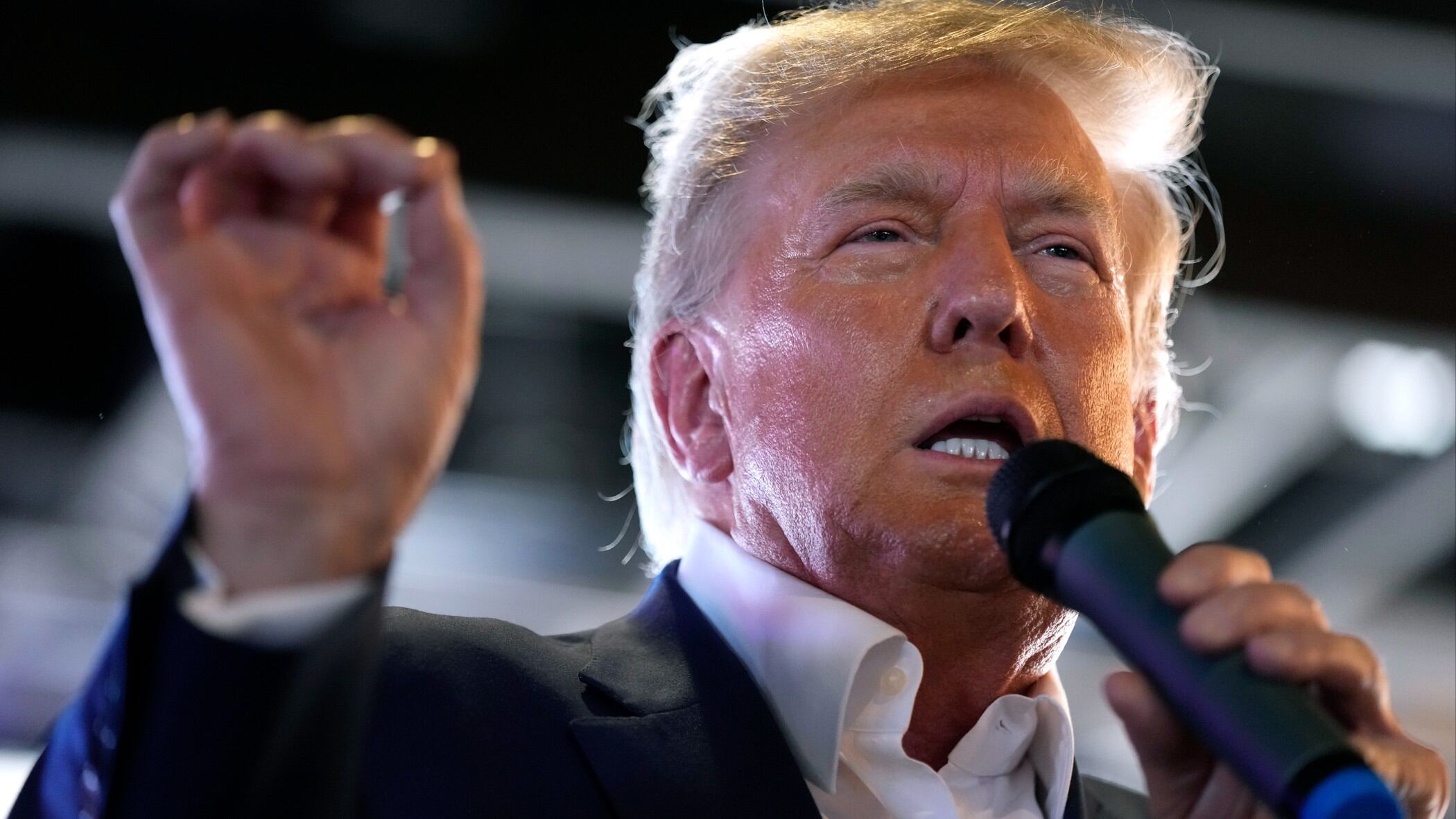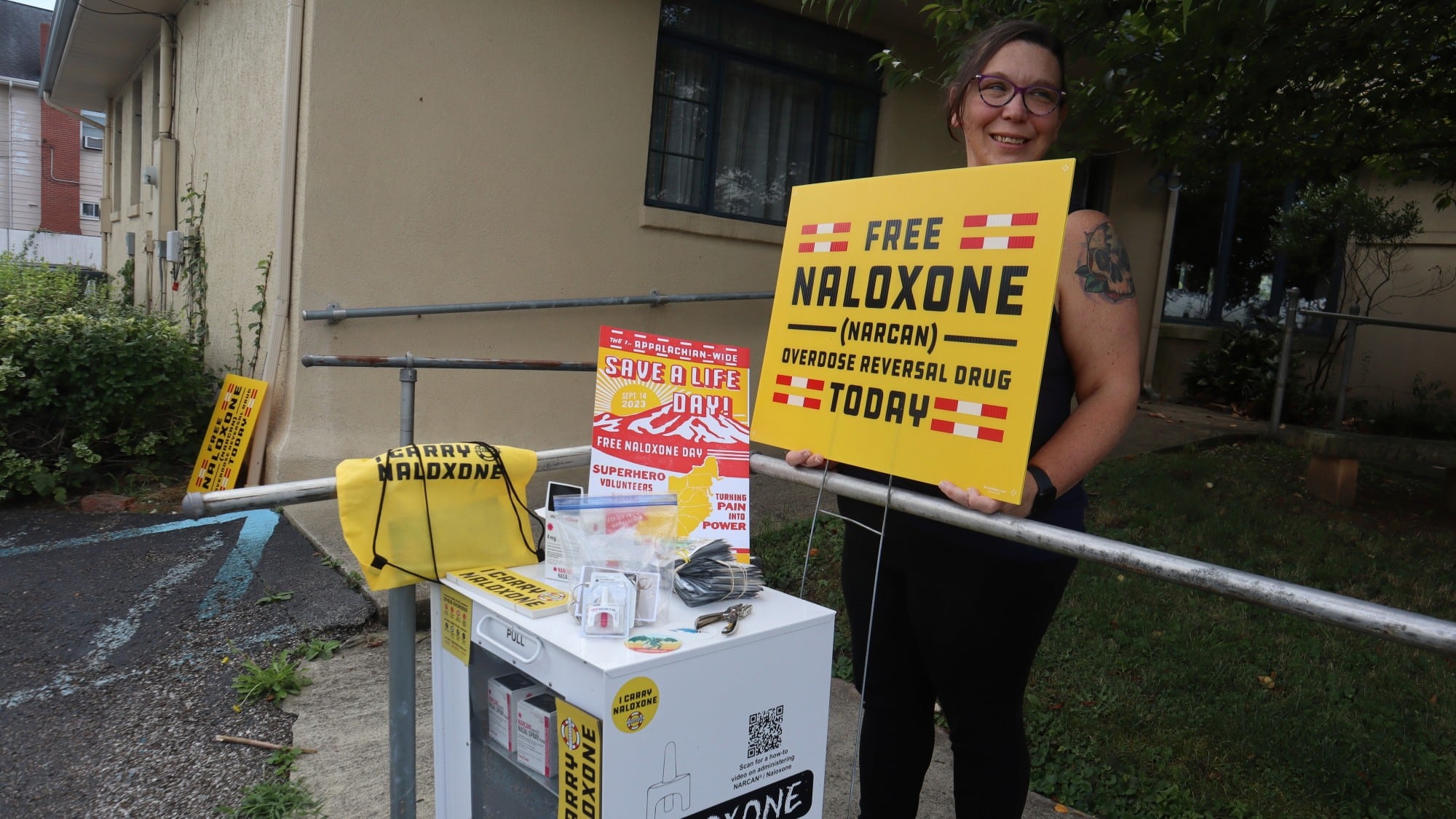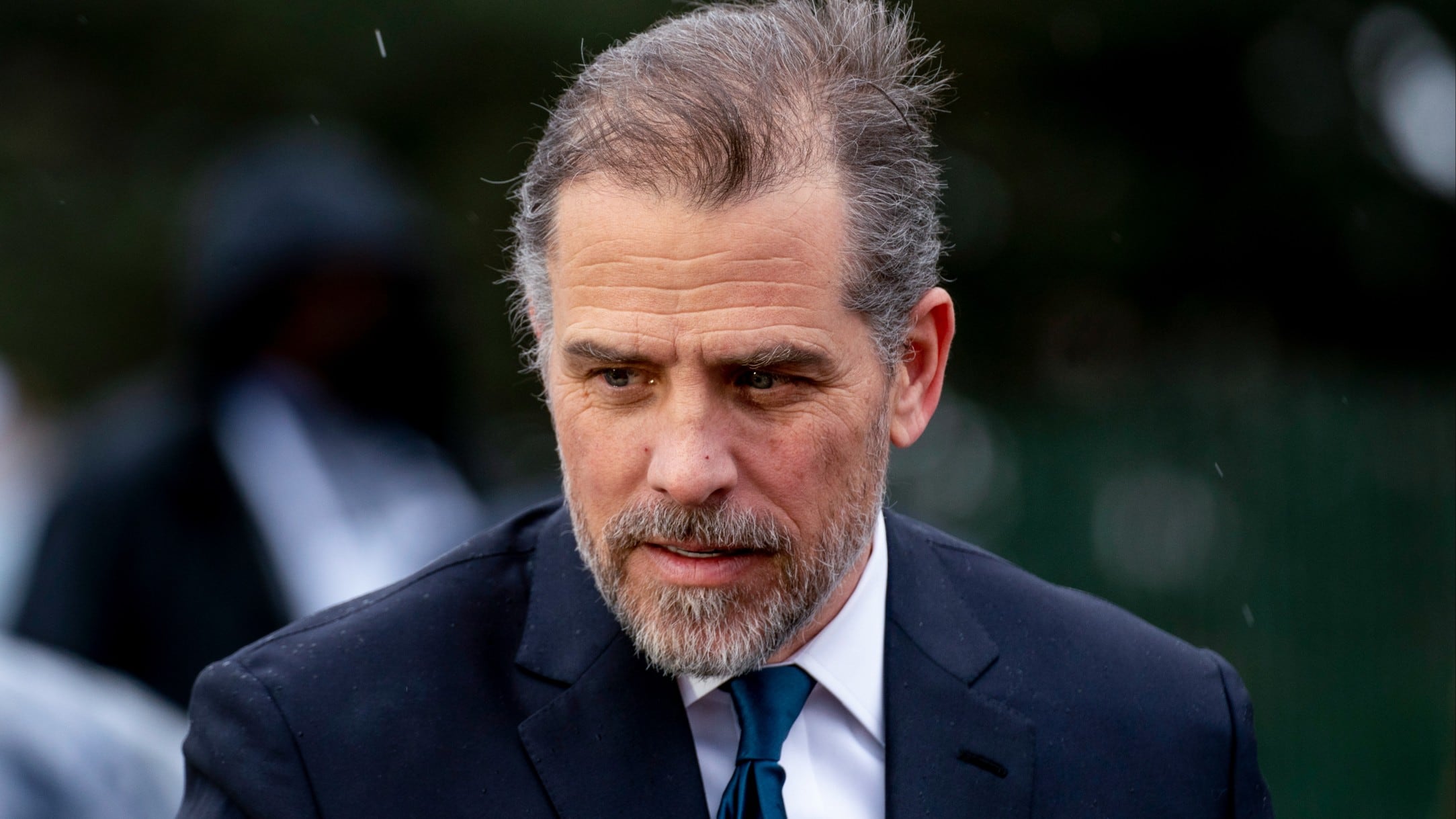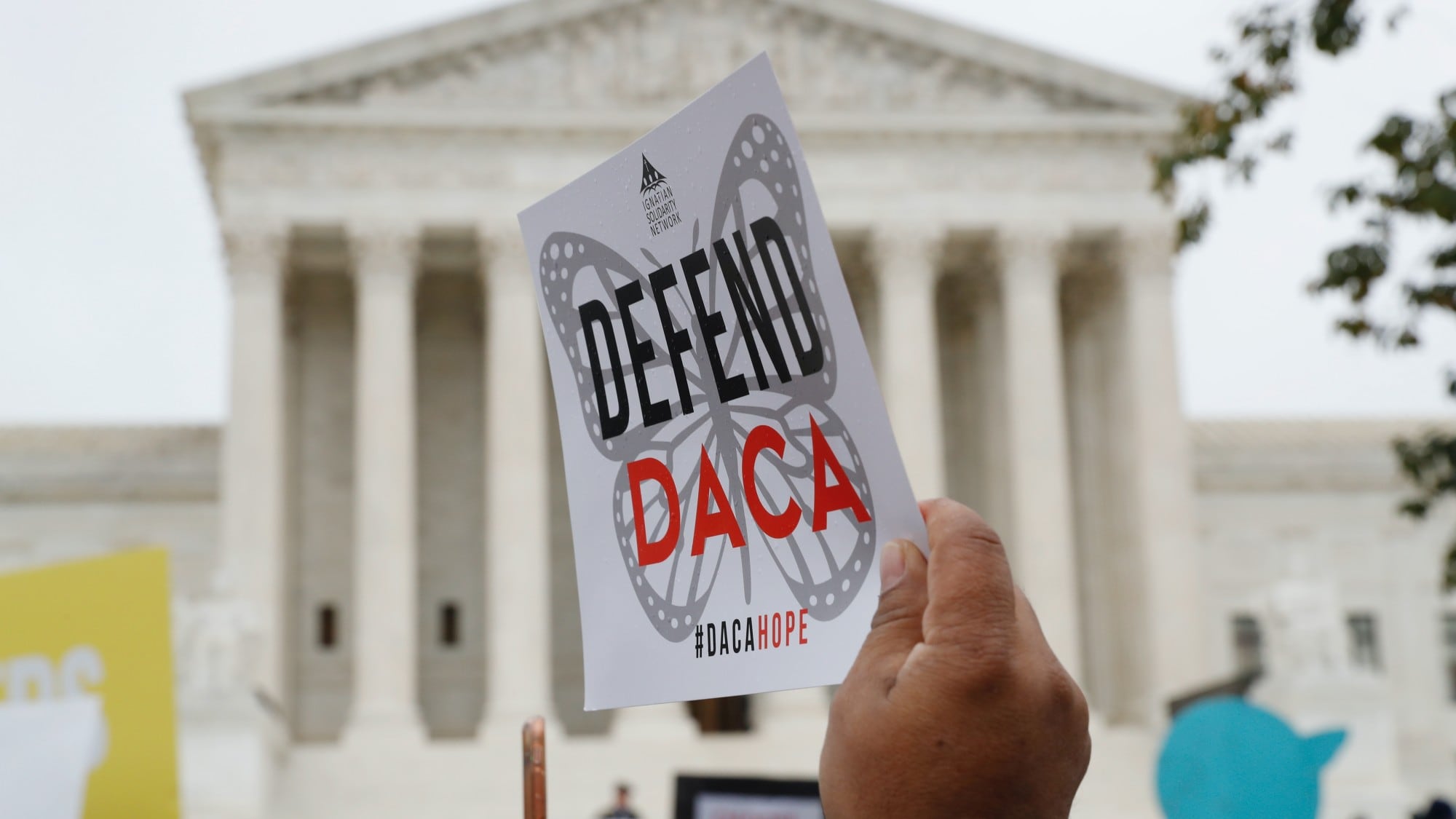With a vote of 97-2, the Senate passed a bill Tuesday that will fund the 9/11 Victims Compensation Fund through 2090.
The fund was originally established in the months following the September 11 terrorist attacks to support the families of the victims killed, as well as survivors living with injuries.
The law, which required reauthorization, was expected to expire next year.
The fund has received more requests in recent years for serious illnesses related to the attacks and cleanup, according to CNN reporting.
The House approved the new legislation earlier in July, and President Donald Trump is expected to sign the bill.
Comedian and former “Daily Show” host Jon Stewart, an ardent supporter of the first responders to the September 11 attacks, had heavily lobbied for the legislation, and testified on Capitol Hill alongside some of the first responders.
Sen. Rand Paul objected to the bill on the grounds that passing the legislation would require other expenditures to be cut, which delayed its passage in the Senate.
The fund is expected to cost $10.2 billion over the next decade, according to the Congressional Budget Office.
The bill’s full title is “Never Forget the Heroes: James Zadroga, Ray Pfeifer, and Luis Alvarez Permanent Authorization of the September 11th Victim Compensation Fund Act,” named after three first responders who died from 9/11-related illnesses.


